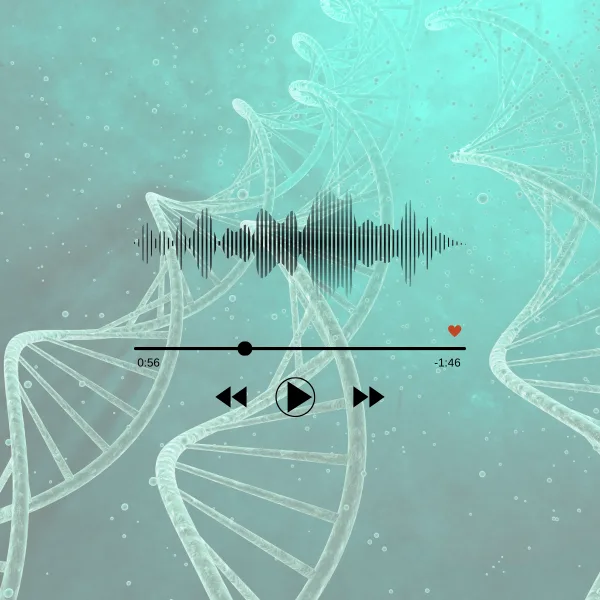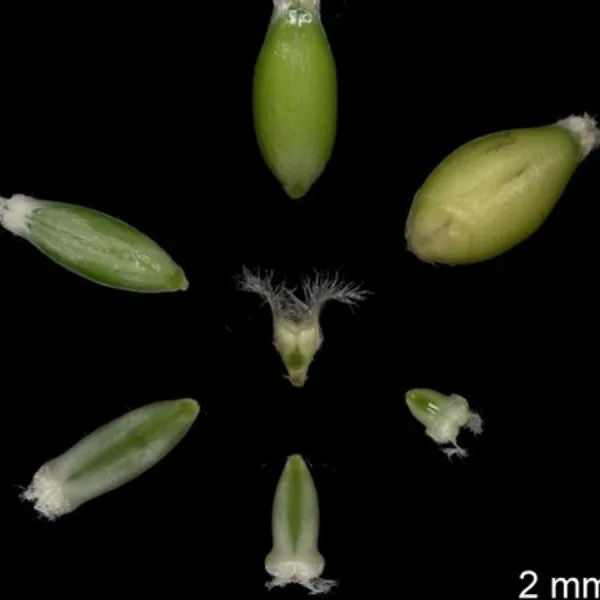With the global population rising, concerns over food security, especially regarding protein, are increasing. Sustainable alternative protein sources are being explored to address the increasing global protein demand driven by population growth while also mitigating the environmental impacts of animal farming. Lemnaceae (a family of species more commonly known as duckweed), a currently underutilised and cost-effective crop, presents a promising solution for balancing protein consumption with environmental sustainability. At present, the broader consumption of duckweed faces significant limitations, including issues related to availability, consumer awareness, and end-user applications.
This review assesses the potential of duckweed as a sustainable resource for diversifying the food system and ensuring food security. It evaluates different aspects of duckweed, including cultivation/harvesting practice, nutritional value, protein quality and application. The paper underscores duckweed's transformative potential in food systems, particularly through its diverse applications. Additionally, it addresses the opportunities and challenges associated with integrating duckweed and its derivatives into existing food systems.


